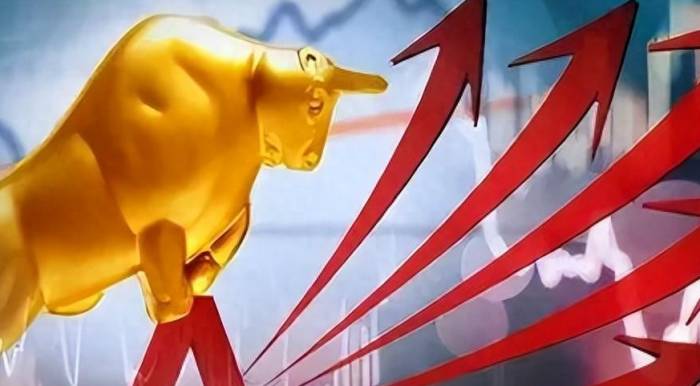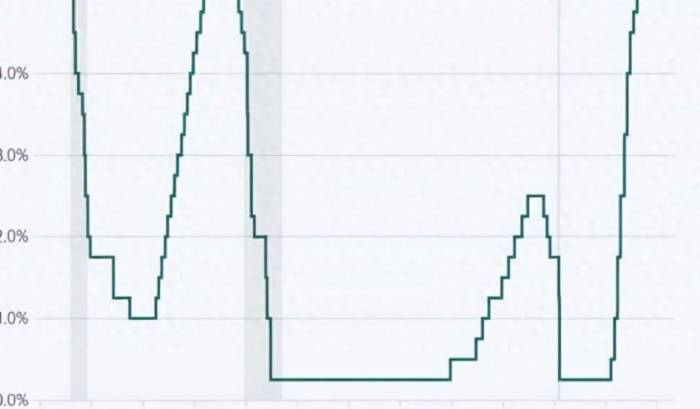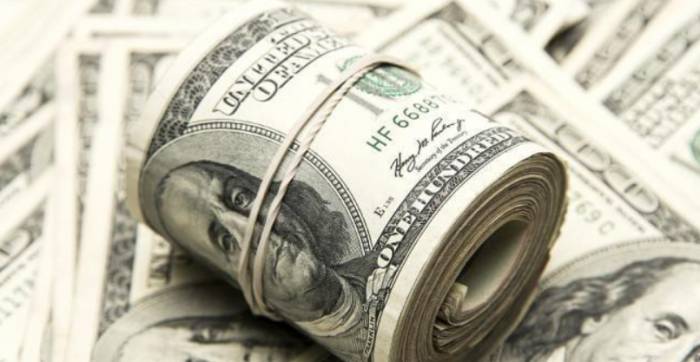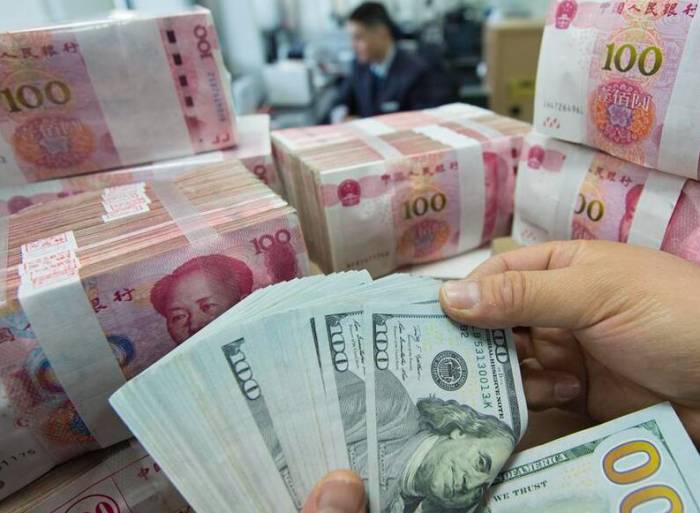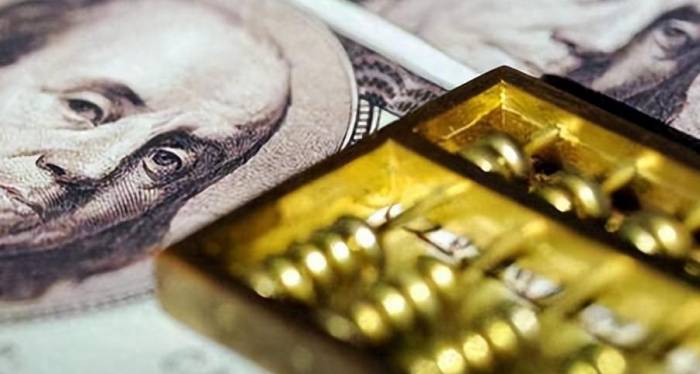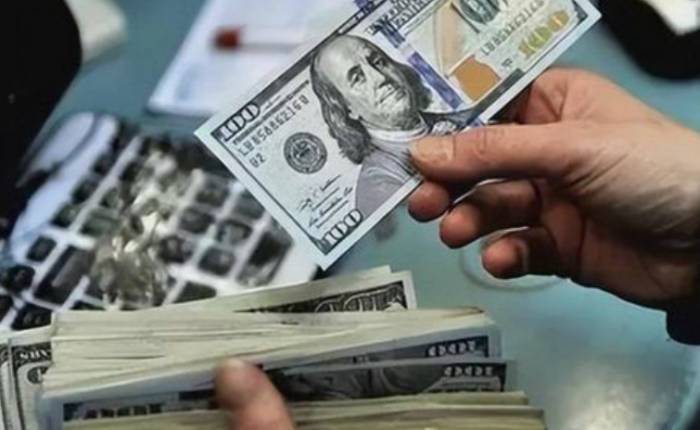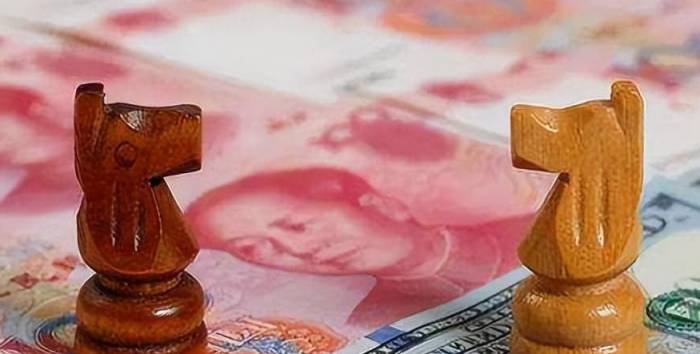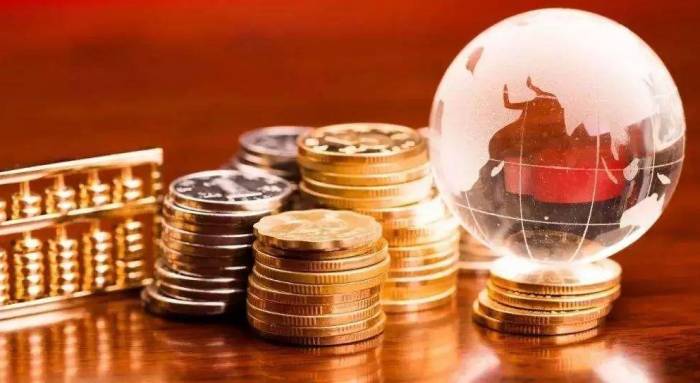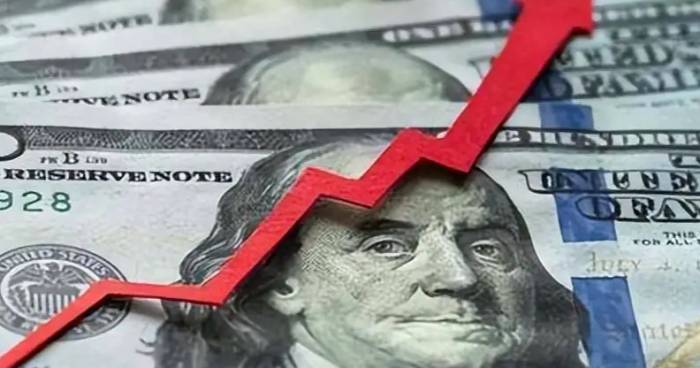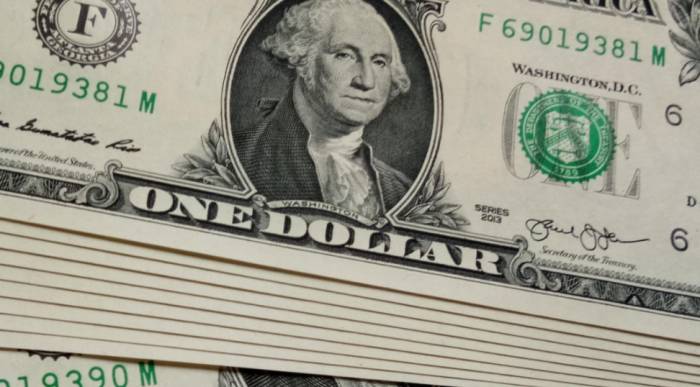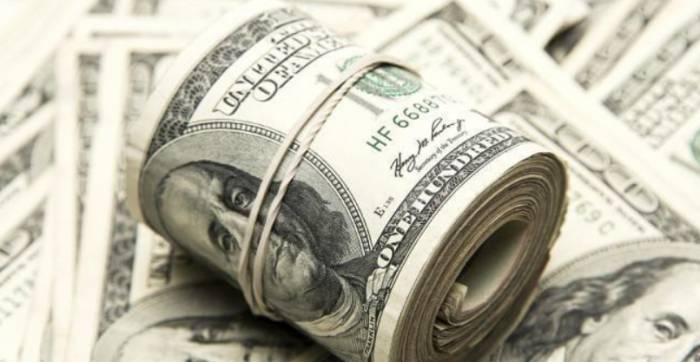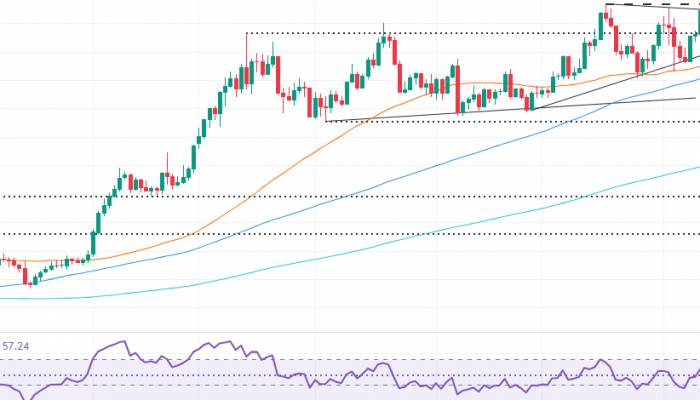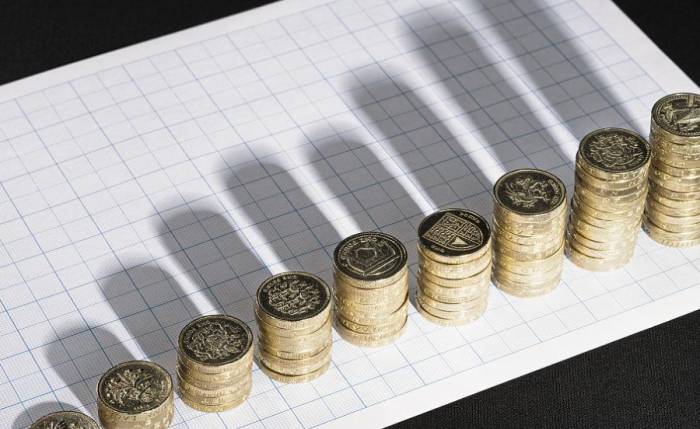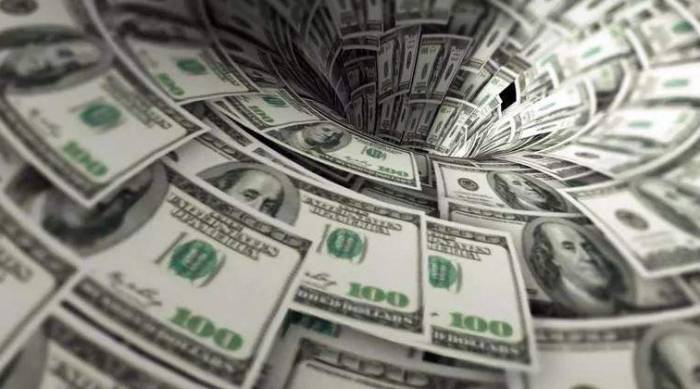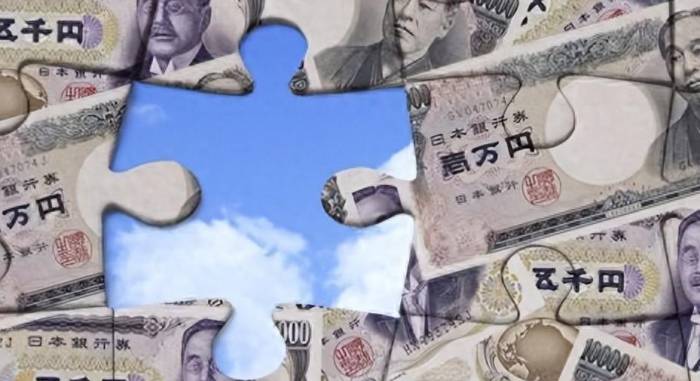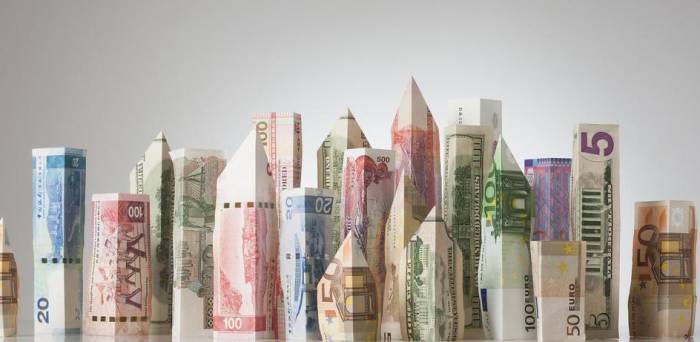Recently, Japan, once the economic giant of Asia, seems to be faltering in this invisible battlefield.
Imagine an economy that splashes out $19.9 billion to buy U.S. Treasury bonds, while its own currency continues to depreciate.
It's hard not to wonder: Is this a strategy or a path to self-destruction?
Let's delve into Japan's monetary strategy, uncover the economic truth behind it, and see the gains and losses in this war.
Many people must remember that Japan was once a major player in the world economy, but now it's retreating on the currency battlefield.
Most notably, despite the continuous depreciation of the yen, the Bank of Japan is aggressively buying U.S. Treasury bonds.
This seemingly contradictory behavior has not only failed to stabilize the yen but has also made the economic situation more complex.
On one hand, selling dollars to boost the domestic currency, and on the other hand, massively purchasing dollar assets—it's like a "double agent" in economic policy.
It's undeniable that Japan's obsession with dollar assets has been long-standing.
From the government to the private sector, buying dollar assets has almost become a common phenomenon.
But this excessive dependence not only exacerbates the depreciation of the yen but also makes the Japanese economy more dependent on external factors.
To put it metaphorically, it's like tearing down your old house to sell and renting someone else's mansion, which may seem glamorous in the short term but in the long term, it's a loss all around.
What's even more astonishing is that Japanese citizens and the central bank seem to have failed to wake up from this short-sighted economic behavior.
Over time, Japan's GDP has shrunk by nearly 32% since 2012, far from the glory of the 1990s.
This self-weakening strategy has plunged the Japanese economy into a vicious cycle, and it might even be overtaken by India—a great irony for a former economic giant.
In the face of domestic market uncertainty, many Japanese companies have begun to transfer assets overseas in search of higher returns.
This "capital flight" phenomenon reflects that Japan's position in the global economy is gradually marginalizing.
When a country's businesses and capital are unwilling to invest locally, the economic future of that country is naturally worrying.
Japan's monetary policy and economic decisions are like a high-stakes gamble.
On the global economic chessboard, Japan seems to be using itself as a chip, constantly betting on an uncertain future.
However, a country's economy is not a casino, and a gambler's mentality will only make an already fragile economy worse.
Japan's future needs not more dollar assets, but a sustainable, endogenous growth strategy.
Only by truly returning to the fundamentals of the economy can it avoid being "harvested" by the outside world.
The former economic powerhouse still holds the key to regaining its status as a strong nation, and the key lies in whether it is willing and daring to use it.
